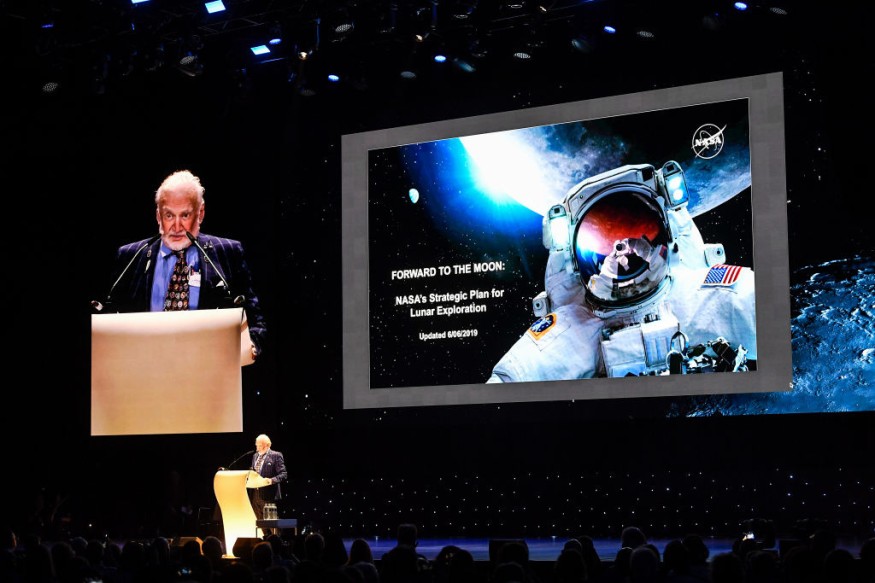The United Nations General Assembly designated July 20 in its resolution 76/76 in 2021 as International Moon Day, celebrated annually, to honor the historic landing of astronauts Neil Armstrong and Buzz Aldrin on the moon as part of the Apollo 11 mission in 1969.
According to the United Nations, the day aims to promote international cooperation in sustainable lunar exploration. In 2023, the theme for National Moon Day is "Lunar Exploration, Coordination, and Sustainability," emphasizing the significance of global collaboration in furthering moon exploration efforts.

History of the Apollo 11 Lunar Landing
Throughout history, humans have been fascinated by the Moon and its mysteries. Ground-based telescopes marked a turning point in understanding our natural satellite. With the advent of space exploration, the Moon became a target for numerous missions, including manned flights that left human footprints on its surface.
As efforts for Moon exploration advance with ambitious plans, this global celebration serves as a reminder of past achievements and a testament to future endeavors in understanding and exploring our celestial companion.
As per Indian Express, the main objective of Apollo 11 was deceptively straightforward yet incredibly challenging: to fulfill President John F. Kennedy's 1961 vision of landing humans on the Moon and safely returning them to Earth. Remarkably, NASA accomplished this monumental task in just over eight years after Kennedy's declaration.
The historic Apollo 11 mission took off from Cape Canaveral, previously known as Cape Kennedy, on July 16, 1969, with astronauts Neil Armstrong, Michael Collins, and Buzz Aldrin on board. Armstrong's iconic words upon setting foot on the Moon, "one small step for a man, one giant leap for mankind," resound in history.
Following their successful landing using the Eagle module, Armstrong and Aldrin spent approximately 21 hours on the lunar surface, gathering about 21.5 kilograms of lunar samples to bring back to Earth. Meanwhile, Michael Collins piloted the Columbia Command Module in lunar orbit. At the end of their lunar exploration, Armstrong and Aldrin rejoined Collins in the Columbia module for the return journey to Earth.
Buzz Aldrin Celebrates the 54th Anniversary of Apollo 11 Lunar Landing
Buzz Aldrin, the American former astronaut who was the second person to walk on the Moon as part of the Apollo 11 mission, recently marked the launch's 54th anniversary.
To mark the historic occasion, he posted a photo of himself eating steak and eggs on his official Twitter account, marking the occasion in his own unique way.
#Apollo11 launch day, 54th anniversary.
— Dr. Buzz Aldrin (@TheRealBuzz) July 16, 2023
🇺🇸🚀🌛
Steak and eggs today celebrating in style at home with my Anca. pic.twitter.com/x9uqCZa6SO
India's Lunar Mission Making History
According to CNBC, this year's International Moon Day is especially significant for India because the Indian Space Research Organization (ISRO) successfully launched its Chandrayaan-3 mission from Sriharikota in Andhra Pradesh.
The spacecraft is traveling a round route to the Moon in order to optimize its mission, and it is planned to settle softly on the lunar surface on August 23. India will become the fourth country to accomplish this accomplishment, after the United States, Russia, and China.
RELATED ARTICLE:
International Moon Day 2022: Buzz Aldrin Had to Pass Through Customs After 8-Day Trip in Space
Check out more news and information on Apollo 11 in Science Times.
© 2026 ScienceTimes.com All rights reserved. Do not reproduce without permission. The window to the world of Science Times.












